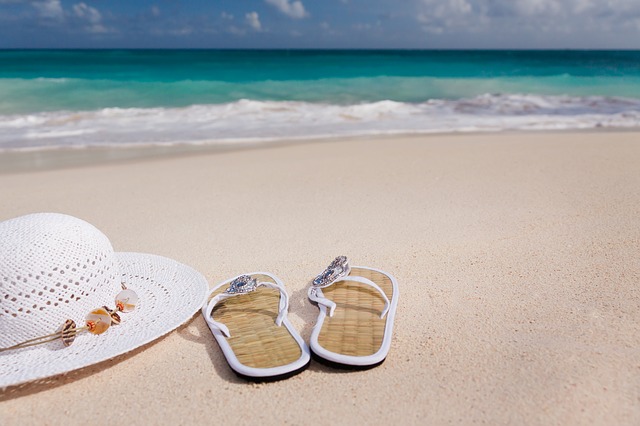
By Ashley Puchalski, Staff Writer
Leisure law is very broad, governing the sports industry, entertainment industry, recreation, and employees’ rights to leisure time.[1] In the context of employee rights, leisure may be defined as “some measure of time from which a person is released from those responsibilities which normally or routinely pertain to the duties they are compelled to perform. This is most often used as an expression referring to the periods of time in which a person is freed from paid work at a job.”[2]
In the United States, there are statutes that limitedly govern employees’ rights to leisure time.[3] In most cases, however, an employee’s right to leisure time is outlined in individual employment agreements between an employee and his or her employer.[4]
The United States is the only country in the Organization for Economic Co-operation and Development (OECD)[5] that does not require its employees to have at least one paid day off of work a year.[6] In fact, the Fair Labor Standards Act (FLSA) affirmatively states: “The Fair Labor Standards Act (FLSA) does not require payment for time not worked, such as vacations, sick leave or federal or other holidays. These benefits are matters of agreement between an employer and an employee (or the employee’s representative).”[7]
Additionally, federal law does not even require that an employee receive lunch and/or coffee breaks (breaks usually lasting no more than 20 minutes) during a work shift.[8] If an employer does choose to offer its employees short breaks, the government mandates that the breaks be compensable, meaning the break times are included in hours worked that week.[9] Ironically, “bona fide meal periods,” those that last more than 30 minutes, are not considered work time and are not compensable.[10]
Americans work longer hours than counterparts in the world’s largest economies, working an average of 34.4 hours a week — while many Americans work even longer, clocking more than 50 hours a week.[11] It seems incredible that in 2017, a country whose workers work the longest hours get the least amount of leisure time. Studies have shown that happier workers are more productive on-the-job than those who are unhappy.[12]
Perhaps if Americans were to get more paid leisure time at their jobs, some positive unintended effects would include creating a more productive workforce and a growing economy. Hopefully, in years to come, American workers will enjoy more paid leisure time and will receive benefits that workers in other countries with large economies have been fortunate enough to have.
Sources
[1] H.G.org Legal Resources, Leisure Law, <https://www.hg.org/leisure-law.html>.
[2] Id.
[3] Id.
[4] Id.
[5] OECD: Better Policies for Better Lives, Our Mission, < http://www.oecd.org/about/>.
[6] Maize, Steven, Big Think, Why do Americans Have Less Vacation Time Than Anyone Else?, <http://bigthink.com/praxis/why-do-americans-have-less-vacation-than-anyone-else >.
[7] United States Department of Labor, Vacation Leave, <https://www.dol.gov/general/topic/workhours/vacation_leave >.
[8] United States Department of Labor, Breaks and Meal Periods, <https://www.dol.gov/general/topic/workhours/breaks>.
[9] Id.
[10] Id.
[11] Isidore, Chris and Luhby, Tami, CNN Money, U.S., Turns Out Americans Work Very Hard … But Some Want To Work Harder, <https://www.dol.gov/general/topic/workhours/breaks>.
[12] Addady, Michal, Fortune Leadership, Study: Being Happy at Work Really Makes you More Productive, <http://fortune.com/2015/10/29/happy-productivity-work/>. (Last updated October 29, 2015).